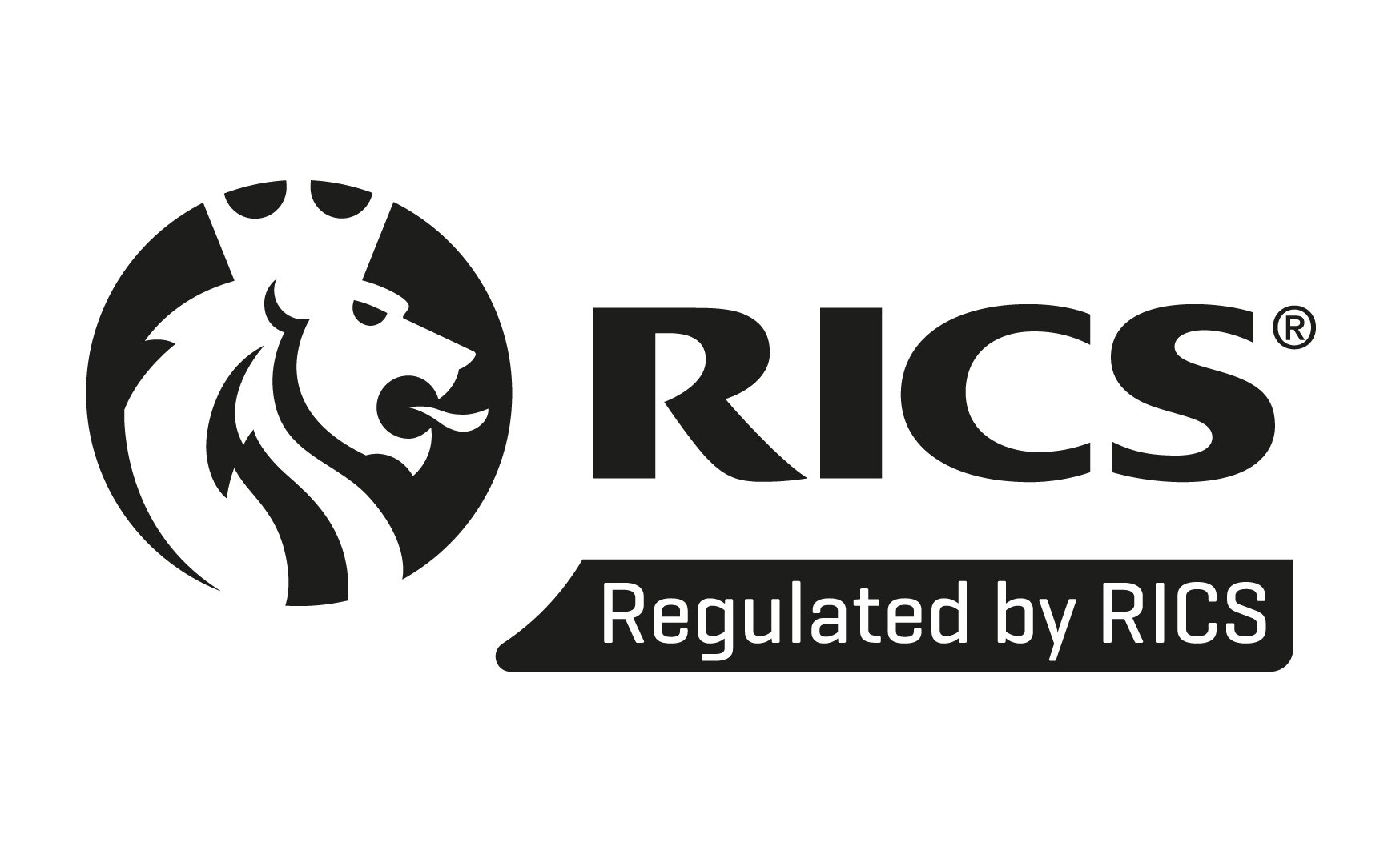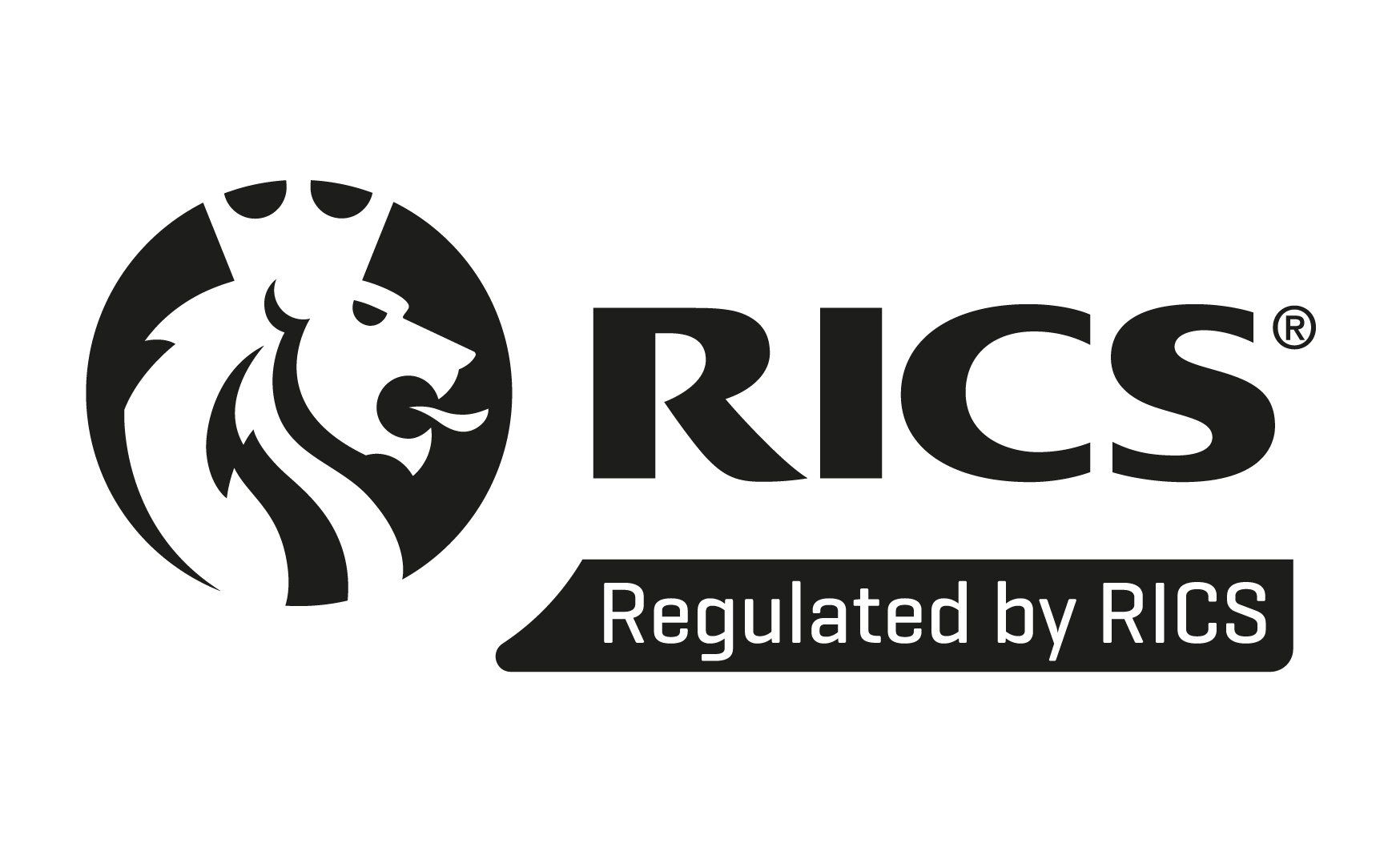Top 5 Contract Clauses Every Contractor Should Understand
Top 5 Contract Clauses Every Contractor / Subcontractor Should Understand
Introduction
Whether you're a seasoned contractor, subcontractor or employer, or just starting out, understanding the key clauses in your construction contract is essential. Misinterpreting or overlooking these clauses can lead to disputes, delays, and financial loss. At Veritas Surveying, we regularly support contractors, subcontractors, Employers across Cheshire, Manchester, and the wider UK in navigating contract complexities — including adjudication, arbitration (rarely!), expert witness services, and legal support.
In this article, we break down five of the most important contract clauses every contractor should be familiar with — especially when working under JCT or NEC forms of contract. We also provide practical examples, legal context, and tips to help you stay compliant and protected.
1. Payment Terms and Mechanisms
These clauses outline when payments are due, how applications for payment should be made, and the process for issuing Payment Notices and Pay Less Notices. Under the Construction Act, failure to issue notices correctly can result in automatic entitlement to the claimed amount, commonly known as a smash and grab.
Example: A subcontractor submits a payment application but receives no Pay Less Notice. The subcontractor may be legally obliged to pay the full amount provided its application complies with the contract provisions.
Tip: Use a clear payment schedule and document all communications.
Learn more about our support for construction adjudication.
External resource: Housing Grants, Construction and Regeneration Act 1996
2. Variations and Change Control
These clauses govern how changes to the scope of work are instructed and valued. They include procedures for issuing variation orders and assessing additional costs or time. Contractors and subcontractors must ensure that all changes are authorised and documented in a timely manner.
Example: A client verbally requests additional work. Without written confirmation, you may struggle to recover costs and time.
Tip: Always request written instructions and maintain a variation log.
External resource: JCT Contract Library
3. Extension of Time (EOT)
Delays happen — but how they’re handled contractually is crucial. These clauses set out grounds for claiming an extension (e.g. weather, client delays), notification procedures, and the impact on liquidated damages.
Example: A contractor fails to notify the client of a delay within the required timeframe and loses entitlement to an extension of time
Tip: Submit EOT claims promptly with supporting evidence.
We offer commercial and contractual support to help manage time risks effectively and ensure that notices are submitted on time.
External resource: NEC Contract Case Studies
4. Termination Provisions
The clauses outline the circumstances under which either party can terminate the contract, including insolvency, breach of contract, or failure to perform. It also details the consequences of termination, such as payment for completed work and demobilisation costs.
Example: A contractor is terminated without proper notice. If the termination is unlawful, they may be entitled to compensation including loss of profit.
Tip: Review termination clauses carefully and seek legal advice before acting.
External resource: RICS Guide to Termination Rights
5. Dispute Resolution
Most contracts include clauses specifying how disputes will be resolved — commonly through adjudication, mediation, or arbitration. Understanding the process and timelines is essential for preparing a strong case.
Example: A contractor initiates adjudication but fails to follow the notice procedure, resulting in dismissal of the claim.
Tip: Engage a qualified expert early to guide you through the process. Being proactive may help you to avoid a dispute, or at least put you in the best position to pursue your claim.
We provide contractual and commercial support, expert witness services and legal support for disputes and tribunals.
External resource: Chartered Institute of Arbitrators (CIArb) Resources
Conclusion
Contract clauses aren’t just legal jargon — they’re the basis of your working relationship with your customer and entitlement to payment.
At Veritas Surveying, we help contractors, subcontractors and Employers interpret, proactively manage, and enforce contract terms to avoid disputes, maintain relationships and protect their interests.
If you have failed to do this or need some support with a legacy project to or claim, we are here to help too!
Need help reviewing your contract, putting proactive steps in place to protect your position or resolving a dispute?
Get in touch with our us via our Contact Page.





